When the Routine Changes
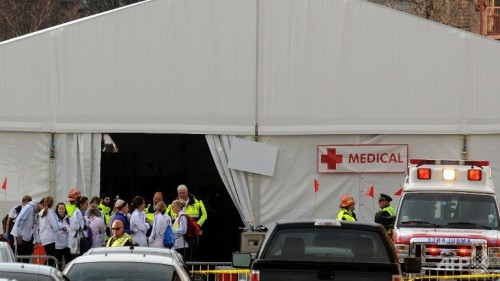
Having been involved in the medical coverage of sporting events for some time, the process of packing a medical kit has become a less daunting task and more of a standardized process for TheGP contributor Doug Freeman. While these basic supplies might be all he typically ends up using, he eventually get around to including the equipment he associates with more life-threatening situations. Here he explains what goes through one’s head when the routine changes.
In Defense of Brandon Jennings’ Guarantee

Brandon Jennings is not Joe Namath, and the 2012-2013 Milwaukee Bucks are not the 1968 New York Jets, and the Miami Heat are not the Baltimore Colts, no matter how apt comparing LeBron James and Johnny Unitas may be. Ever since Broadway Joe and his scrappy AFL upstarts unseated the NFL’s mighty Indianapolis Colts to make good on Namath’s infamous guarantee, professional athletes promising wins has been en vogue, albeit to varying levels of success. Add the Milwaukee point guard to the list.
Miami Hotter: LeBron James and Company Size Up Repeat
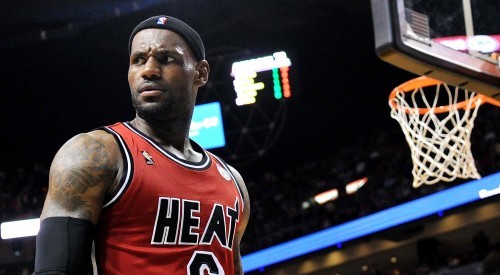
The Miami Heat have come along way since the days of The Decision, transformed entirely at both team and personal levels to the point where they’re the hands down favorite to win the NBA championship. If you thought the Big Three were imposing three years ago, or even last year when they won their first title together, think again.
Neither ran, nor sleet, nor snow…: Minor League Baseball in April
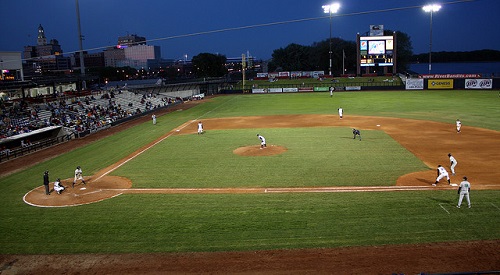
The Mississippi River has flooded parts of the Quad Cities stadium parking lot, encroaching on the ballpark and the downtown streets of Davenport, Iowa. This, not first overall MLB draft choice Carlos Correa, is the type of headline that’s dominated River Bandits media coverage for the past few weeks. Is baseball in April, unpredictable weather and all, worth it?
Luckiest Man: The Life and Death of Lou Gehrig (2005)
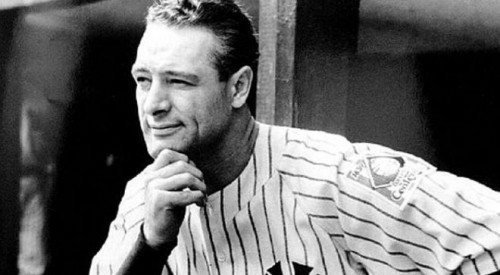
It still boggles the mind to think about Lou Gehrig and his consecutive game streak. Sure, it was broken by Cal Ripken Jr. a few years back, but the 90s were a different time: Ripken played in a time of physical conditioning, specialized team doctors and better medicine. Gehrig played back when the trainer’s job was to rub players down.
How the 2004 Detroit Pistons live on today
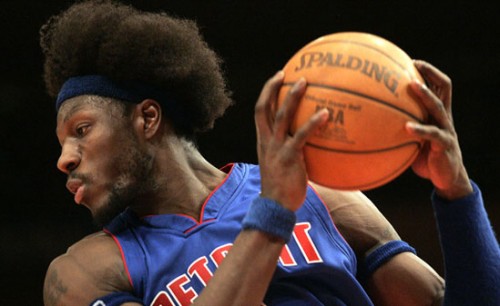
In 2004, the Detroit Pistons accomplished something that will probably never be done again: they won an NBA title without a superstar. It may seem somewhat premature to make such a bold declaration, but the facts certainly support it. We are fully entrenched in the era of the “superteam” and there is seemingly no looking back.
Play Their Hearts Out (2010)
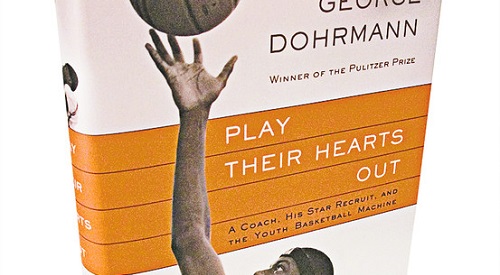
All the rankings of teenage basketball players and callous attempts to sign the top-rated high schooler in the country starts at the grassroots level. Schools go out of their way to make these young boys comfortable from the very second they enter high school as a freshman. You’ve heard about it before; new houses, new cars, the best shoes, and promises that even the best coaches sometimes can’t fulfill. It starts even earlier in Play Their Hearts Out.
Could the Chiefs take an offensive lineman in the 2013 NFL Draft?
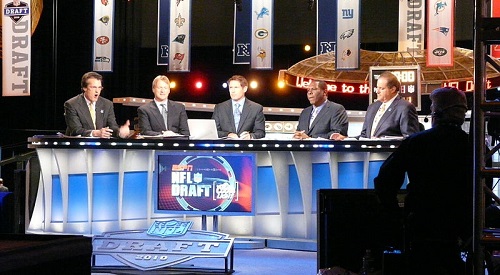
This year’s NFL draft starts on Thursday, and it may begin with a selection that’s more remarkable than it seems. The prevailing consensus amongst draft experts is that the Kansas City Chiefs will take an offensive tackle first overall, either Texas A & M’s Luke Joeckel or Central Michigan’s Eric Fisher. At first, that might appear to be a dull story: many see going for an offensive lineman with the top pick as both a safe move and a reflection of the lack of elite quarterback prospects in this draft. However, taking an offensive lineman first overall is highly unusual in the NFL’s recent history, and that represents an important story in its own right.
Jeffrey Loria and the Par 50
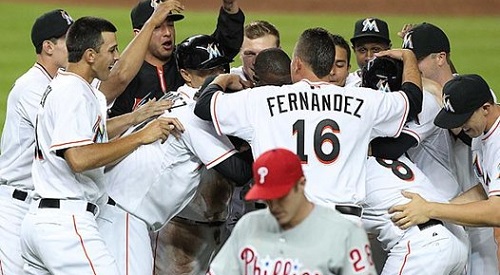
With all this talk about the must-watch storylines that have already unfolded in this young Major League Baseball season, it’s been easy to overlook the battle that the Miami Marlins and Houston Astros are fighting for the title have cellar dweller in the big leagues. While the Astros make a compelling case, few have mastered futility as well as Jeffrey Loria.
The Boston Marathon: What went Wrong
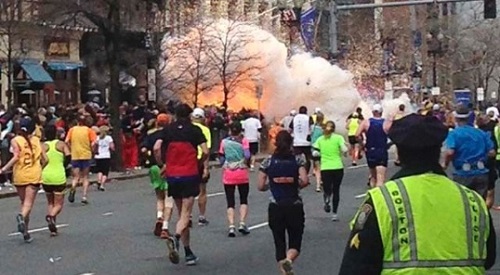
The marathon is a celebration of Pheidippides, whom according to legend, was a messenger in the battle of Marathon, running from the battle all the way to Athens to tell the people that the Persians had been defeated. He then collapsed and died. The legendary run was thought to have been about 26.2 miles, which was adopted as the official marathon distance.

